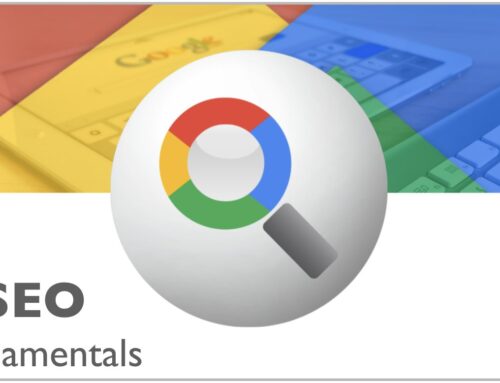Search Engine Optimization (SEO) can be a complex and challenging task that requires the right programming language to get the job done. Knowing what language will work best for SEO is key, as it allows developers to create content that not only performs well in SERPs but also delivers maximum value to consumers.
There is no one-size-fits-all solution when it comes to choosing the best programming languages for SEO. While most programming languages have their use cases and advantages, here are some of the top options for developers.
- HTML – Hypertext Markup Language (HTML) is by far the most important language for web development and SEP optimization, as all web pages are written in HTML code. As such, any search engine optimization project must include HTML coding. Such coding includes tags like title tags and meta tags that help search engines “understand” what a webpage is about so they can appropriately index it and rank it according to relevance or importance concerning a specific query or topic.
- CSS – Cascading Style Sheets (CSS) enables designers and front-end developers to position web page elements in a page visually appealing way by separating style from content with powerful styling rules that adhere throughout all browsers used by visitors who view websites optimised with these languages. CSS amplifies a website’s looks but also helps increase user experience which then helps boost rankings on SERPs since this factor affects Google algorithms such as RankBrain which works hand in hand with machine learning applied by Google further enhance its algorithms helping using AI technology to improve better results on queries performed on its platform.
- JavaScript – JavaScript allows developers to add dynamic elements within an HTML document without having the need of refreshing each time users interact or make changes as any online app would require otherwise. This way JavaScript brings up small user interactions increasing engagement and resulting in lower bounce rates due to better navigation while developing content simultaneously helped boosted ranking since interaction via apps becomes more enjoyable providing valuable data back & forth between both ends engaged in using them.
- Python – Python is widely used nowadays due largely because of its versatility; allowing you not only to develop programs from scratch but also automate certain tasks making more efficient work processes something enjoyed largely by many organizations worldwide when optimizing websites & creating tools giving them access faster data leveraging their own resources already available stored inside databases such as BigQuery, PostGres etc
- PHP – PHP stands for “Hypertext Preprocessor,” originally used mainly as a server-side scripting language designed primarily for creating dynamic webpages & database driven applications heavily used years ago until today when other solutions offer similar functionalities thanks to largely open source companies like WordPress now offering easier customization including serverless solutions providing hosting services worldwide greatly enhanced online versions of e-commerce type businesses where users requiring personalized custom orders could be achieved incorporating PHP scripts running coded instructions while protecting sensitive information with encrypted protocols via SSL certificates etc making sure customers identity remain safe
- Ruby – Ruby was initially developed at the end of the 90s being inspired mostly by Rails frameworks offering great flexibility over complex projects writing codes not only fastly but authentication system building became possible helping tightly regulate data
Continue Reading
Get a personal consultation.
Call us today at +92 (304) 441-3331
Get in Touch – For Reliable Digital Marketing Services!





